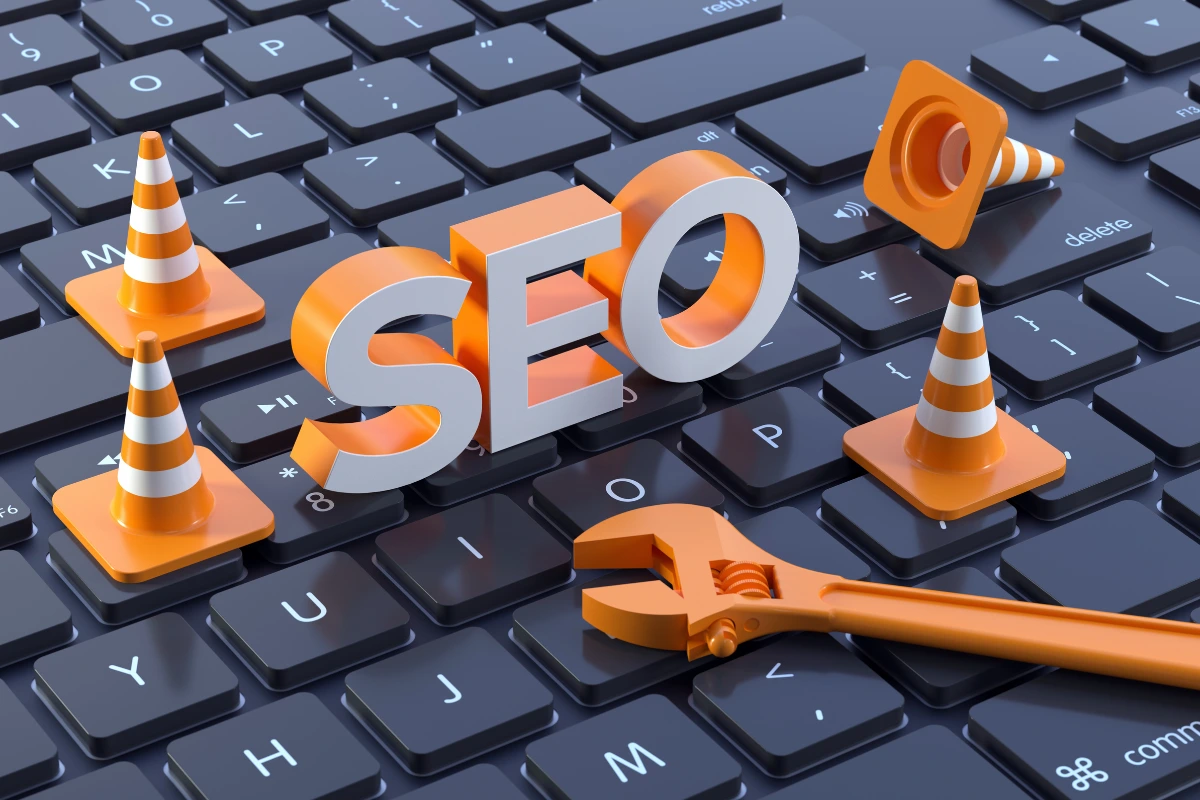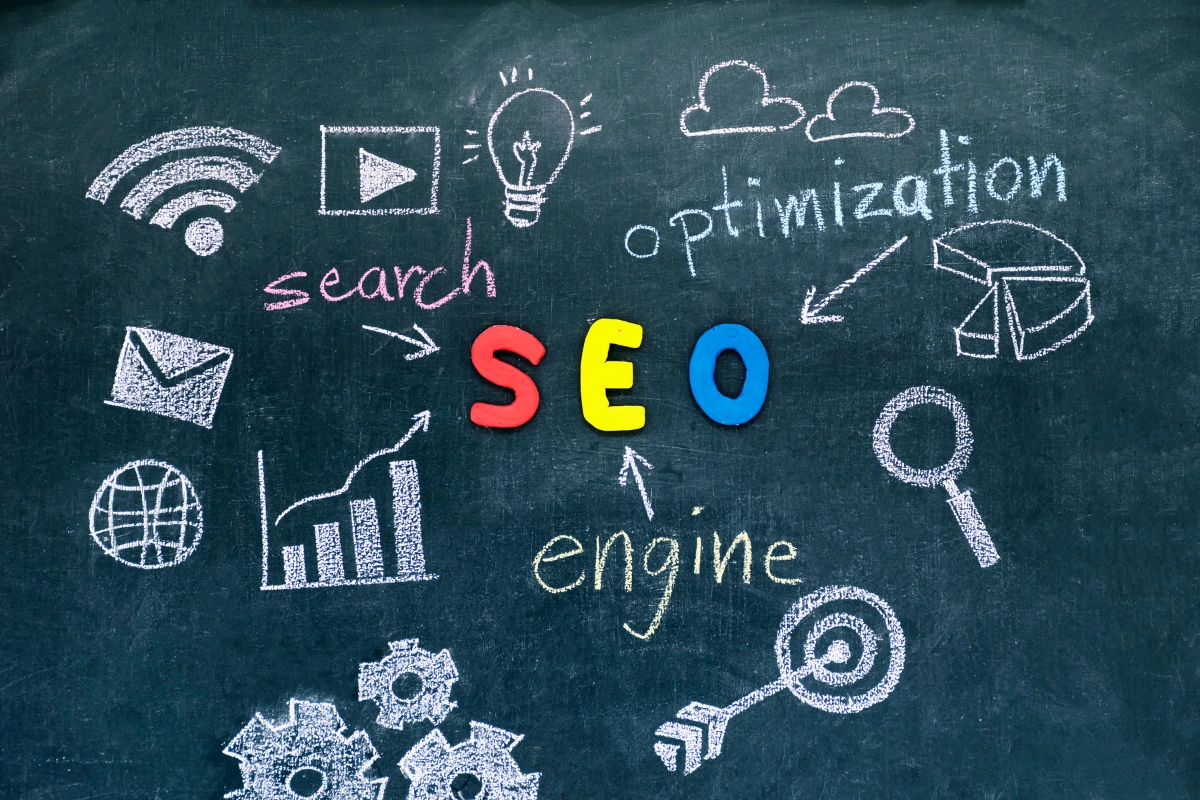BigCommerce vs Shopify [Detailed Comparison 2025]

Choosing the right e-commerce platform is crucial for businesses looking to establish or grow their online presence. Among the most popular platforms available today are BigCommerce and Shopify. Both have carved a niche in the e-commerce world, offering powerful tools to build, manage, and scale online stores. But which one suits your business best in 2025? This detailed comparison explores key aspects of BigCommerce and Shopify to help you make an informed choice.
Overview of BigCommerce and Shopify
BigCommerce is a cloud-based e-commerce platform designed to help businesses of all sizes create and manage online stores. Known for its scalability and built-in features, BigCommerce appeals to businesses that want robust functionality without relying heavily on third-party apps.
Shopify, on the other hand, is one of the most widely used e-commerce platforms globally. It offers a user-friendly interface and a vast ecosystem of apps and integrations, making it a favourite for startups and growing businesses alike.
1. Ease of Use
BigCommerce
BigCommerce offers a comprehensive dashboard with a focus on providing all essential features upfront. While it is feature-rich, new users may find the interface slightly complex initially, especially if they are not very tech-savvy. However, for those familiar with e-commerce platforms, it offers extensive control and flexibility.
Shopify
Shopify is widely recognised for its clean and intuitive interface. Setting up a store is straightforward with Shopify’s step-by-step guidance. The drag-and-drop editor makes customising the storefront easy, even for beginners. Shopify’s focus on simplicity and ease-of-use makes it ideal for small businesses and individuals new to e-commerce.
Verdict: Shopify edges ahead in ease of use, particularly for beginners, while BigCommerce suits users who prefer more built-in functionalities even if it means a steeper learning curve.
2. Features and Functionality
BigCommerce
BigCommerce comes packed with many built-in features that might require additional apps on other platforms. These include:
- Advanced product options and variants
- Native support for multiple currencies and languages
- SEO-friendly tools like custom URLs and metadata
- Integrated marketing tools like discounts, coupons, and gift cards
- Comprehensive analytics and reporting
- Multi-channel selling (Amazon, eBay, Facebook, Instagram)
BigCommerce also supports complex product catalogues and is ideal for medium to large businesses with more advanced needs.
Shopify
Shopify provides essential e-commerce features, but it heavily relies on its App Store for additional functionality. Its built-in features include:
- Simple product management and inventory tracking
- Multiple payment gateways including Shopify Payments
- Discount codes and promotions
- Abandoned cart recovery
- SEO tools (though slightly basic compared to BigCommerce)
- Multi-channel selling integrations
Shopify’s strength lies in its vast app ecosystem with thousands of plugins available, allowing users to tailor the store to their exact needs.
Verdict: BigCommerce offers more out-of-the-box features, while Shopify’s flexibility depends on third-party apps.
3. Design and Customisation
BigCommerce
BigCommerce offers around 150 themes, with both free and paid options. Its themes are mobile responsive and modern, but customization may require some knowledge of HTML and CSS for advanced changes. BigCommerce’s Stencil framework allows developers to create highly customisable storefronts.
Shopify
Shopify provides over 100 themes, many designed by professional designers, with a strong focus on aesthetics and user experience. Themes are mobile responsive, and customisation is easy with the Shopify Editor. Shopify also supports Liquid, its proprietary templating language, for advanced customisation.
Verdict: Shopify leads with a broader variety of visually appealing themes and easier customisation tools for beginners.
4. Payment Options and Fees
BigCommerce
BigCommerce integrates with over 65 payment gateways, including popular ones like PayPal, Stripe, and Razorpay (important for Indian merchants). Importantly, BigCommerce does not charge transaction fees regardless of the payment gateway you choose.
Shopify
Shopify supports more than 100 payment gateways globally. However, unless you use Shopify Payments, Shopify’s native payment processor, the platform charges transaction fees ranging from 0.5% to 2%. For Indian users, Shopify Payments may not be fully operational, so merchants might incur extra transaction fees when using third-party gateways.
Verdict: BigCommerce is more cost-effective in terms of transaction fees, especially for Indian merchants who rely on popular payment gateways outside Shopify Payments.
5. Pricing Plans
BigCommerce
BigCommerce pricing plans are:
- Standard: $39.95/month (approx. ₹3,350)
- Plus: $105.95/month (approx. ₹8,850)
- Pro: $399.95/month (approx. ₹33,400)
These prices cater mostly to medium and larger businesses. BigCommerce doesn’t offer a cheap starter plan but includes many features that Shopify charges extra for.
Shopify
Shopify pricing plans are:
- Basic Shopify: $39/month (approx. ₹3,280)
- Shopify: $105/month (approx. ₹8,850)
- Advanced Shopify: $399/month (approx. ₹33,400)
Shopify also offers Shopify Starter plan for ₹99/month, suitable for simple selling via social media, but not for full online stores.
Verdict: Pricing is similar at mid and higher tiers, but Shopify offers a cheaper entry point. However, BigCommerce includes more features in standard plans.
6. SEO and Marketing
BigCommerce
BigCommerce has strong SEO capabilities, including:
- Custom URLs and metadata
- Automatic sitemap generation
- Rich snippets and schema markup
- 301 redirects
- Integrated blogging platform
Marketing tools such as discounts, gift cards, and abandoned cart recovery come built-in. It also integrates with Google Shopping and supports email marketing tools.
Shopify
Shopify has solid SEO features but fewer advanced options compared to BigCommerce. It includes editable meta tags, automatic sitemap, and URL redirects. Shopify’s App Store offers multiple marketing apps for email marketing, upselling, and more.
Shopify’s abandoned cart recovery and multi-channel marketing via social media are user-friendly and effective.
Verdict: BigCommerce offers stronger built-in SEO tools, but Shopify’s app ecosystem compensates with additional marketing apps.
7. Scalability and Performance
BigCommerce
BigCommerce is built for scalability. It supports large product catalogues and high traffic volumes without sacrificing performance. The platform is designed to grow with your business, making it suitable for established and enterprise-level merchants.
Shopify
Shopify also scales well with growing businesses. Its infrastructure can handle large volumes of traffic and transactions. Shopify Plus is available for enterprises, offering advanced customisation, support, and features.
Verdict: Both platforms are highly scalable. BigCommerce slightly favours merchants wanting out-of-the-box scalability, while Shopify provides enterprise-level customisation through Shopify Plus.
8. Customer Support
BigCommerce
BigCommerce provides 24/7 support via phone, email, and live chat. Its help centre is comprehensive, including tutorials, guides, and forums. Enterprise clients receive dedicated account management.
Shopify
Shopify also offers 24/7 support via phone, email, and chat. It boasts a vast knowledge base, community forums, and Shopify Experts – certified developers and marketers available for hire.
Verdict: Both platforms offer strong customer support with slight differences in additional services.
9. Integrations and Apps
BigCommerce
BigCommerce’s app marketplace offers thousands of apps, though fewer than Shopify’s. It supports integration with major tools like Mailchimp, QuickBooks, and payment gateways relevant for Indian users such as Razorpay.
Shopify
Shopify’s App Store is extensive, hosting over 6,000 apps covering everything from marketing, sales, inventory, shipping to accounting. This rich ecosystem allows users to tailor their store precisely but may lead to dependency on third-party apps.
Verdict: Shopify leads in app variety and ecosystem size, but BigCommerce’s curated apps meet most business needs directly.
10. Which One is Better for Indian Merchants?
For Indian merchants, several factors are important: payment gateway availability, localisation, pricing, and support.
- Payment Gateways: BigCommerce supports local Indian gateways like Razorpay, which makes transactions seamless. Shopify also supports Razorpay but charges transaction fees if Shopify Payments is not used.
- Currency and Language: Both platforms support multiple currencies and languages, but BigCommerce’s multi-currency feature is more robust.
- Compliance: Both comply with GST requirements, but Indian merchants should verify tax configurations carefully.
- Support: Shopify has local partners and agencies in India, but BigCommerce is growing its presence.
Final Thoughts: BigCommerce vs Shopify
Both BigCommerce and Shopify are excellent e-commerce platforms with their unique strengths.
- Choose BigCommerce if you want a feature-rich platform with strong built-in SEO, no transaction fees, and scalability for a growing or large business. It’s a good fit if you want fewer apps and more functionality out-of-the-box.
- Choose Shopify if you value ease of use, beautiful design themes, and a massive app ecosystem. Shopify works well for small to medium businesses and those who want to scale with plenty of customisation options.
Indian merchants should weigh transaction fees and payment gateway options carefully. For seamless local payments without additional transaction fees, BigCommerce may offer an edge in 2025.
Summary Table: BigCommerce vs Shopify
| Aspect | BigCommerce | Shopify |
|---|---|---|
| Ease of Use | Moderate complexity | Beginner-friendly |
| Features | Extensive built-in features | Essential features + apps |
| Design & Themes | 150+ themes, developer-focused | 100+ professional themes, user-friendly |
| Payment Fees | No transaction fees | Transaction fees unless Shopify Payments |
| Pricing | Mid to high, feature-rich | Entry-level plan available |
| SEO | Strong built-in SEO | Good SEO + apps |
| Scalability | High, suitable for enterprise | High, with Shopify Plus for enterprise |
| Support | 24/7 support, dedicated for enterprise | 24/7 support, expert marketplace |
| Apps & Integrations | Curated marketplace | Extensive app ecosystem |
| Indian Market Fit | Supports local payment gateways, no fees | Good app support, fees on payment gateways |
Selecting the right platform depends on your business size, technical skills, and budget. Both BigCommerce and Shopify continue to evolve, making 2025 a great year to launch or upgrade your online store with either platform.
Calling all Marketers!
🔴 Are you tired of searching for the perfect job?
Whether you're into content writing, SEO, social media, graphic design, or video editing—full-time, freelance, remote, or onsite—we've got your back!
👉 We post over 30 job opportunities every single day. Yes, every day (all verified).
Join the most reliable and fastest-growing community out there! ❤️
And guess what? It’s FREE 🤑
✅ Join our WhatsApp Group (Click Here) and Telegram Channel (Click Here) today for instant updates.







